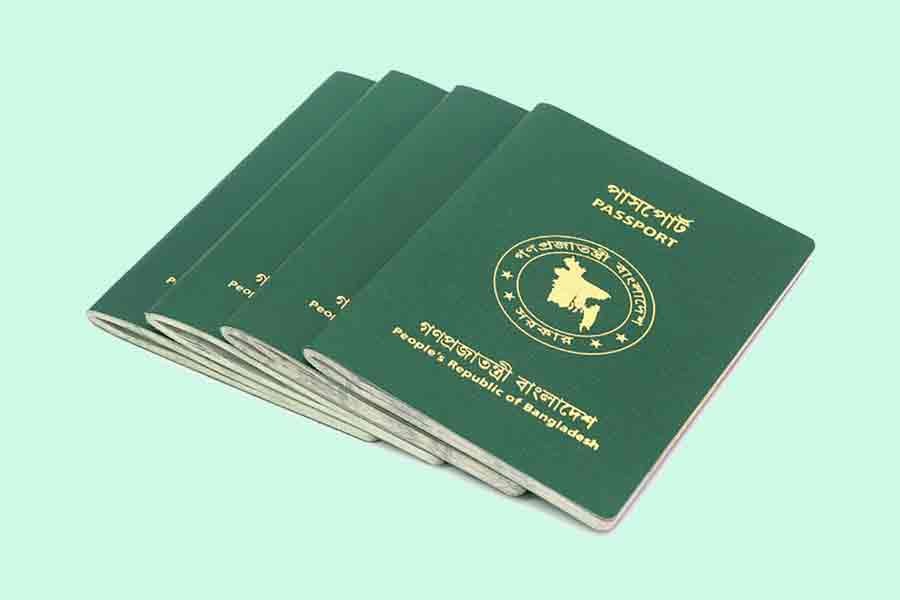Over the years, there has been a significant improvement in issuance of passports for the citizens in a hassle-free manner. The number of banks eligible for receiving passport fees has been increased. Even the attestation process for first-time applicants has become easier. More regional offices have also been opened so that people from the remote areas do not need to come to Dhaka or divisional headquarters. Following the international obligation, the authority also switched from hand-written passports over to machine-readable passports (MRP) a decade ago. Now, citizens are getting e-passports which require online submission of applications.
Nevertheless, several problems are still there, constraining the issuance and delivery of passports in a highly efficient manner. A lack of clear and updated information is the first problem no doubt. If there is any change in any rule or requirement, the change should be updated on the website immediately. For instance, after applying for an e-passport online, a PDF copy of the application is generated. The website says that it is optional to carry a printed copy of the PDF with other documents when the application goes to the passport office physically for biometric enrolment. But in the passport office, it is written that a printed copy of the filled-up application form is a must. If someone doesn't carry the printed copy following the instruction available on the website, he or she will be in a serious trouble. Many such small things, information gaps to be precise, are there.
Another big problem is inadequate booths for receiving and checking applications, taking photos and enrolling biometric data in many regional passport offices, not excluding the Divisional Passport Office in Agargaon, Dhaka. Though new buildings were constructed and the number of rooms and booths has also been increased in the last few years, the growing rush of applicants day by day turns the facility inadequate. Thus, the authorities need some urgent steps to open more booths and appoint more staff to provide better service.
The online appointment system instead of walk-in appointment has already been introduced to give some relief to passport seekers. Due to Covid lockdown, it was temporarily suspended for a few weeks. After resumption of the service, clearing the backlog becomes a challenge. Applicants have to wait three to four hours in a long cue and there is very little seating arrangement. There is also a tendency to break the cue by some people.
All these problems are, however, not difficult to address. Some visible signs are also there that the authorities are trying to do so. In this connection, a move to appoint a formal passport agent needs careful examination. Some brokers are still there who assist people in filling up the forms and other works. Some of them have a nexus with a section of employees of the passport office. Thus they charge extra money from the passport seekers but sometimes fail to deliver the service. Formal agent service may replace them in the near future.
In the current fiscal year (FY22), the Department of Immigration and Passports (DIP) gets an allocation of Tk 38.08 billion which was originally Tk 38.59 billion in the last fiscal year (FY21). Thus the budget for DIP decreased slightly. The revised outlay was, however, Tk 32.23 billion in the last fiscal year. Thus, the budget is not very big and as it happens in many other departments of the government, there is a lack of proper utilisation and implementation of the budget. The authorities need to spend the budget efficiently in order to claim more allocation.


